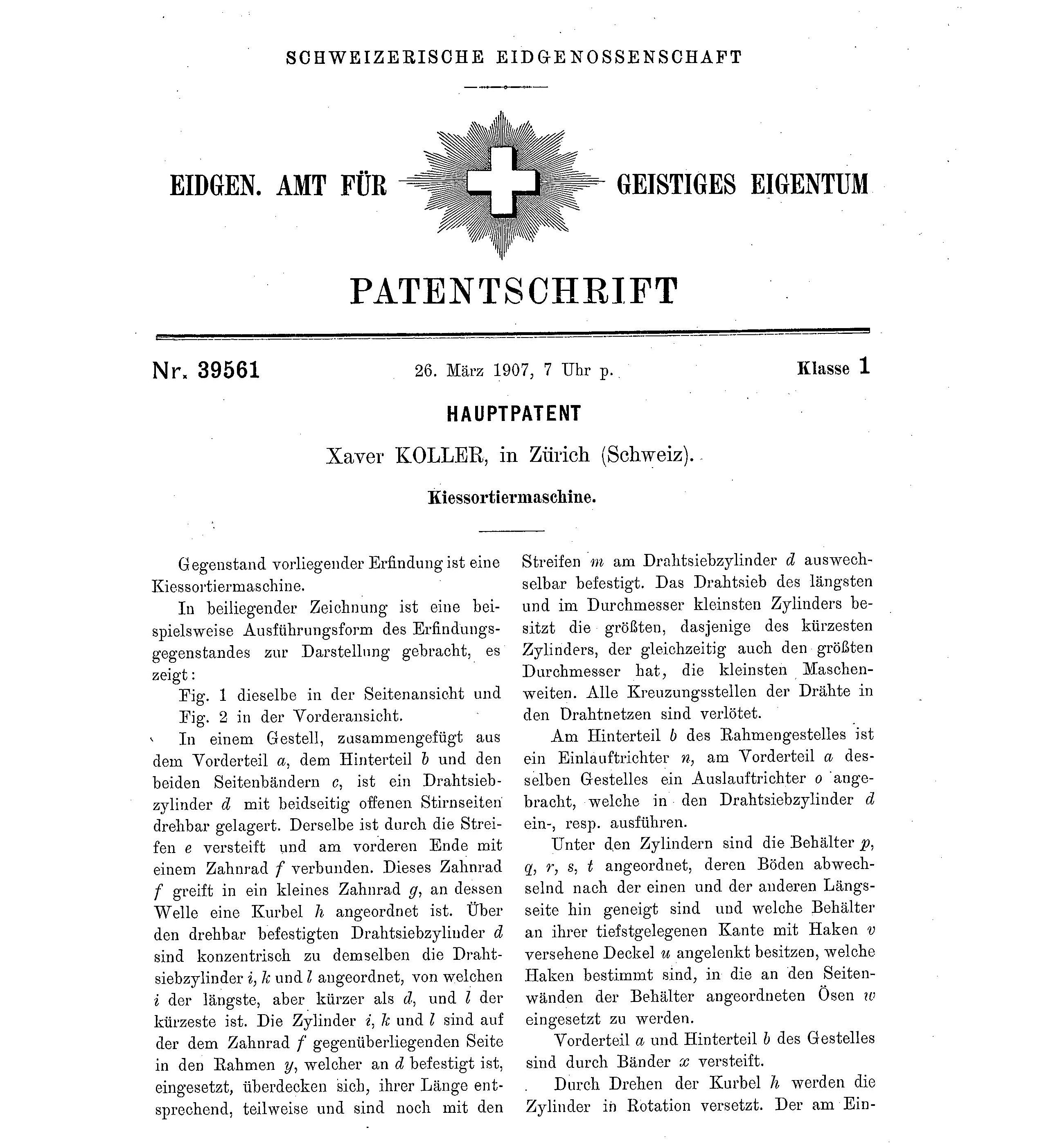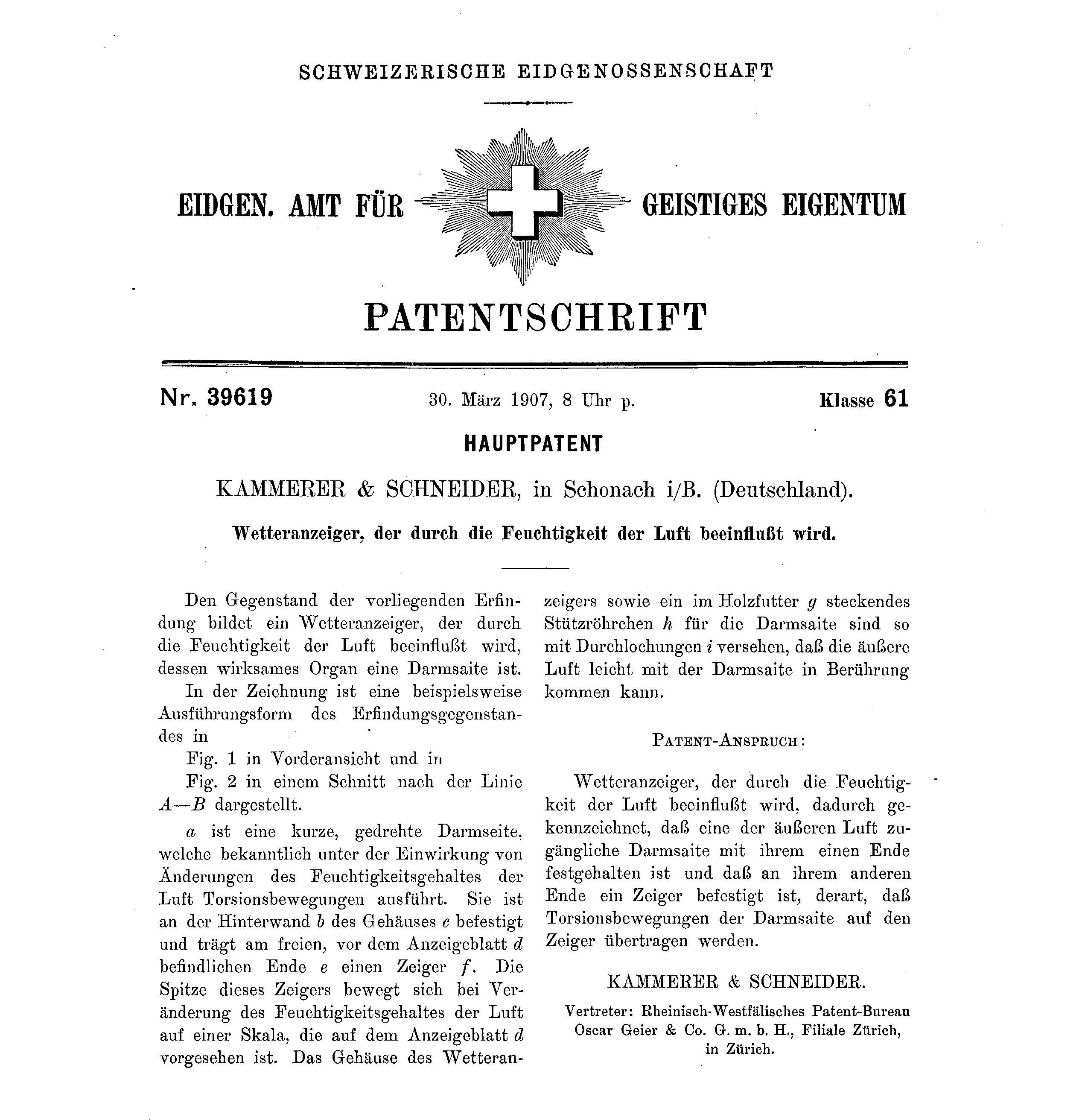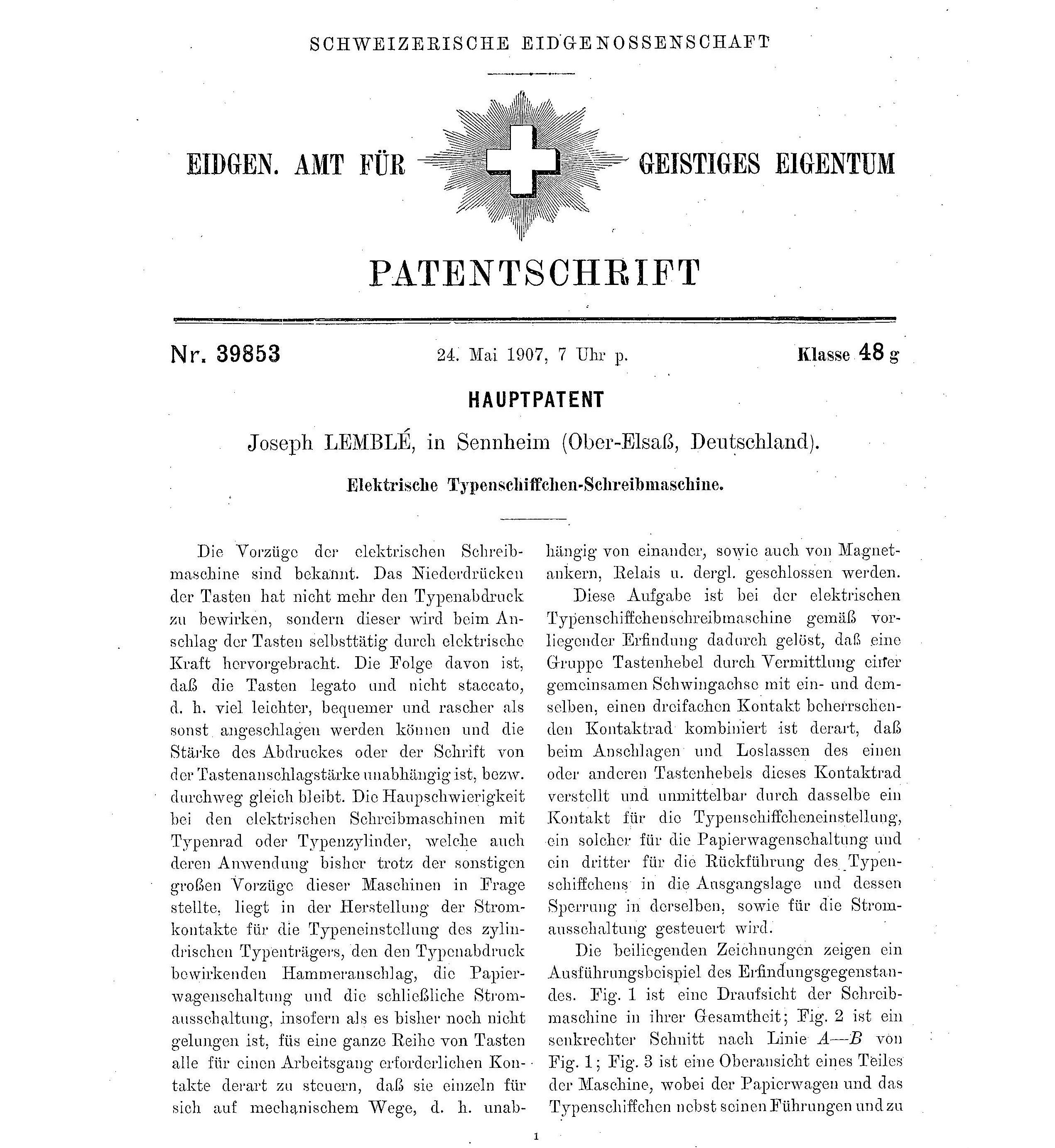Albert Einstein was born on March 14, 1879, in Ulm, Württemberg Germany. In addition to his work related to general and special relativity, Brownian motion, and the photoelectric effect (for which he won the 1921 Nobel Prize), Einstein spent 1902-1909 as a patent clerk in the Swiss Patent Office. Although many might dismiss Einstein’s time at the Swiss Patent Office as unimportant, this period may have resulted in the biggest contribution to physics by an individual in human history.
It was during his tenure at the patent office that Einstein had his “annus mirabillis,” or miracle year. In 1905, Einstein crafted his four significant theoretical works:
- “Heuristic Viewpoint Concerning the Production and Transformation of Light” (i.e., The Photoelectric Effect)
- “On the Motion of Small Particles Suspended in a Stationary Liquid, as Required by the Molecular Kinetic Theory of Heat” (i.e., Brownian Motion)
- “On the Electrodynamics of Moving Bodies” (i.e., Special Relativity)
- “Does the Inertia of a Body Depend Upon Its Energy Content?” (i.e., General Relativity)
Prior to his time at the Swiss Patent Office, Einstein failed the entrance exam to the University of Zurich and decided to move to Bern, Switzerland. After unsuccessfully applying for multiple teaching positions, a former classmate of Einstein recommended he consider a position at the Swiss Federal Office of Intellectual Property. Einstein enjoyed his time at patent office where he reviewed patents. He viewed this as good work with good pay, but the work was not intellectually stimulating to Einstein, which gave him ample free time to work on his scientific works. He referred to this time as “that worldly cloister where I hatched my most beautiful ideas.”
While it is not entirely clear what patent applications Einstein examined, it is known that he examined many applications related to electromagnetic and electromechanical technologies. Below is a listing of a few of the patent applications believed to have passed across Einstein’s desk. Enjoy!
Kiessortiermaschine (“Gravel Sorter”)


Elektrische typenschiffchen-schreibmaschine (“Electric Typewriter”)

Suiter Swantz IP is a full-service intellectual property law firm, based in Omaha, NE, serving all of Nebraska, Iowa, and South Dakota. If you have any intellectual property questions or need assistance with any patent, trademark, or copyright matters and would like to speak with one of our patent attorneys please contact us.
